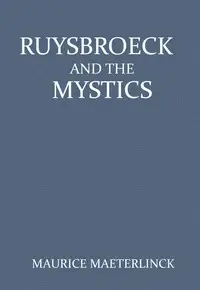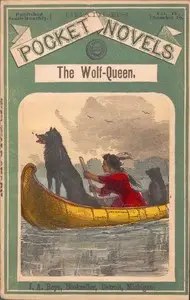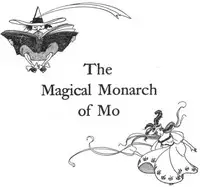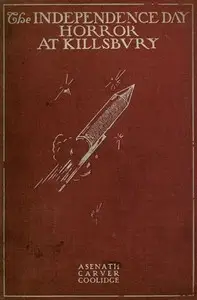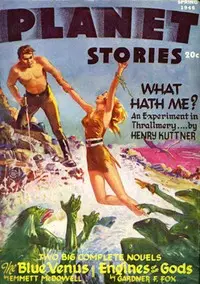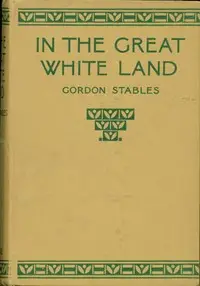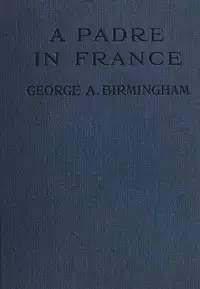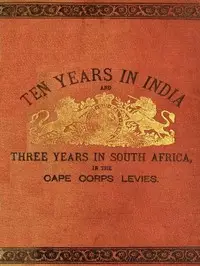"The Burgomaster of Stilemonde: A Play in Three Acts" by Maurice Maeterlinck is a dramatic play written during the early 20th century. Set against the backdrop of World War I, the story revolves around the moral dilemmas faced by a burgomaster of a small Belgian town as German soldiers invade. The central theme touches on the conflict between duty and survival, as characters navigate personal and national loyalties within the chaos of war. The play unfolds in three acts, illustrating the intense emotional struggle of Cyrille Van Belle, the burgomaster, who is faced with the impending execution of an innocent man in order to satisfy the occupying German forces following the murder of a lieutenant. As pressure mounts, he must grapple with the consequences of his decisions for his family—his daughter Isabelle and son Floris—as well as the townsfolk. The narrative highlights the tensions between personal sacrifice, honor, and the moral constraints enforced by wartime authority, culminating in a poignant climax that unveils themes of heroism, loyalty, and the tragic cost of war. (This is an automatically generated summary.)
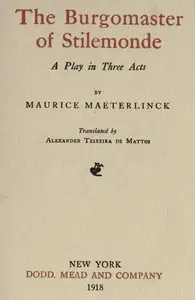
The Burgomaster of Stilemonde: A Play in Three Acts
By Maurice Maeterlinck
"The Burgomaster of Stilemonde: A Play in Three Acts" by Maurice Maeterlinck is a dramatic play written during the early 20th century. Set against the...
Maurice Polydore Marie Bernard Maeterlinck, also known as Count/Comte Maeterlinck from 1932, was a Belgian playwright, poet, and essayist who was Flemish but wrote in French. He was awarded the Nobel Prize in Literature in 1911 "in appreciation of his many-sided literary activities, and especially of his dramatic works, which are distinguished by a wealth of imagination and by a poetic fancy, which reveals, sometimes in the guise of a fairy tale, a deep inspiration, while in a mysterious way they appeal to the readers' own feelings and stimulate their imaginations". The main themes in his work are death and the meaning of life. He was a leading member of La Jeune Belgique group, and his plays form an important part of the Symbolist movement. In later life, Maeterlinck faced credible accusations of plagiarism.





